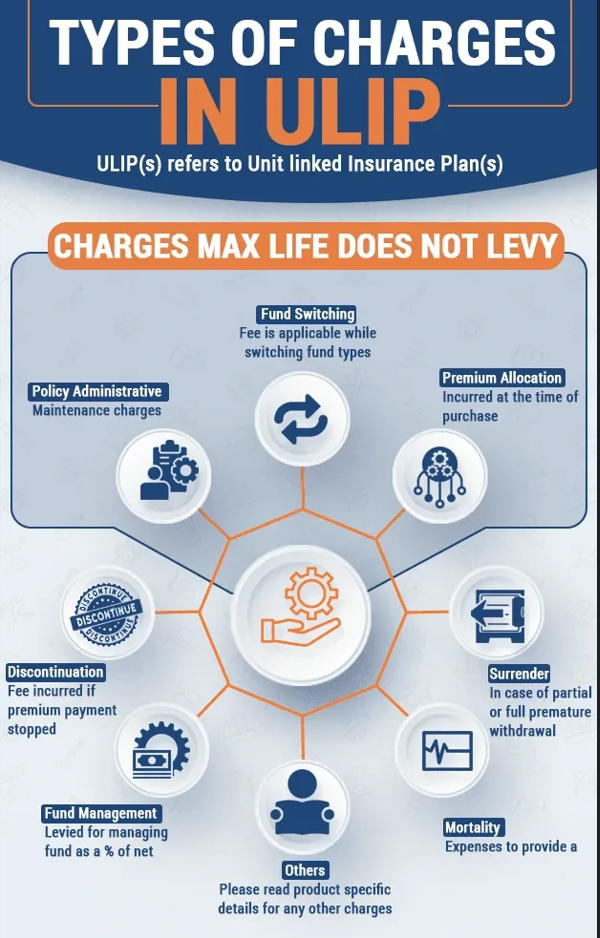The Income Tax (I -T) Department’s website has become a
single window for various I -T related activities, like IT filing tax return,
applying for a Permanent Account Number (PAN), locating an assessing officer
(AO), and many others.
But, redressal of taxpayer
grievances remains an issue, which is where the I - T ombudsman plays a role.
The I - T ombudsman is an
independent body set up in 2006.
In 2010, a new set of
guidelines governing it was introduced. It comprises of former I - T officials
or officials from the Indian Revenue Service (IRS). Its main purpose is to
enable resolution of grievances against the I - T Department or its officials,
and facilitate a settlement. It acts as an arbitrator and is independent of
the I -T Department’s jurisdiction.
There are about 30
ombudsmen in all.
Some of the topics for
which you can approach the ombudsman are interest waiver, seizure of account
books, allotment of PAN, and non-credit of tax paid. You can go to it for tax
refund issues, and even impolite behaviour of officials.
Your complaint must have
your signature, name, address, and the name of the office & official
against whom the complaint is made.
You must also submit the
facts of the matter, supported by documents, if any, and the relief you seek
from the ombudsman.
You can file the complaint
online, but then it has to be printed out, signed & submitted to the
ombudsman’s office.
After receiving the
complaint, the I - T ombudsman will send
a copy of it to the officials concerned. The officer has to reply, or / even settle the issue, within a month, or /
within the extention given.
If a settlement cannot be
worked out at this level, the ombudsman can pass a decision or an ‘award’ to
the complainant. The latter would be in line with the documents available on
record and tax laws, up to Rs.1,000.
The I - T ombudsman can
instruct the officials to release this payment, which has to be done within a
month, and apologize to the taxpayer. The award, however, cannot affect the
quantum of the income or tax assessed or the penalty already imposed. The I-T
department has to accept the ombudsman’s decision but the complainant must send
her acceptance of the order within 15 days of receipt of the award letter.
Else, the award lapses.
The ombudsman has to send
a monthly report to the Central Board of Direct Taxes (CBDT) and the Department of Revenue in the finance
ministry, especially highlighting cases in which action needs to be taken
against erring I - T officials. The report is accompanied with primary
evidence.
Before going to an
ombudsman The I - T ombudsman is not the first level. Before going to it you
should submit a written complaint with your Assessing officer - AO - (use your PAN on the department’s website to
find out who is your AO).
If no action is taken, you
can approach the chief commissioner of I -T with copies of previous letters
written to the AO. If your complaint is still not satisfactorily addressed, or
if it gets rejected, or if there is no reply within 30 days, then you can raise
the issue with the ombudsman.
Do remember that the
complaint should be filed with the ombudsman within one year after (365
days) the 30-day wait for a response
from an I -T official is over.
Src: Mint
Income Tax Ombudsman
TamilNadu, Pondicherry
R.No. 317 / 319, 3rd Floor,
Aayakar Bhawan,
121, Mahatma Gandhi Road,
Nungambakkam, Chennai- 600 034
Mr. Sunil Chopra, Income Tax Ombudsman
Phone 044- 2829 5486 (O) Fax: 044- 2829 5487

































